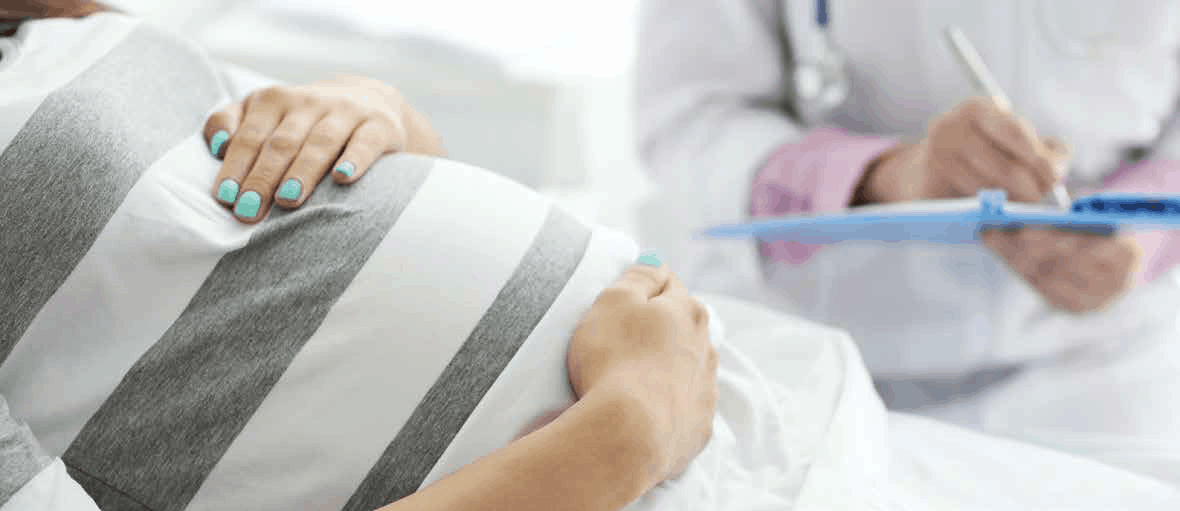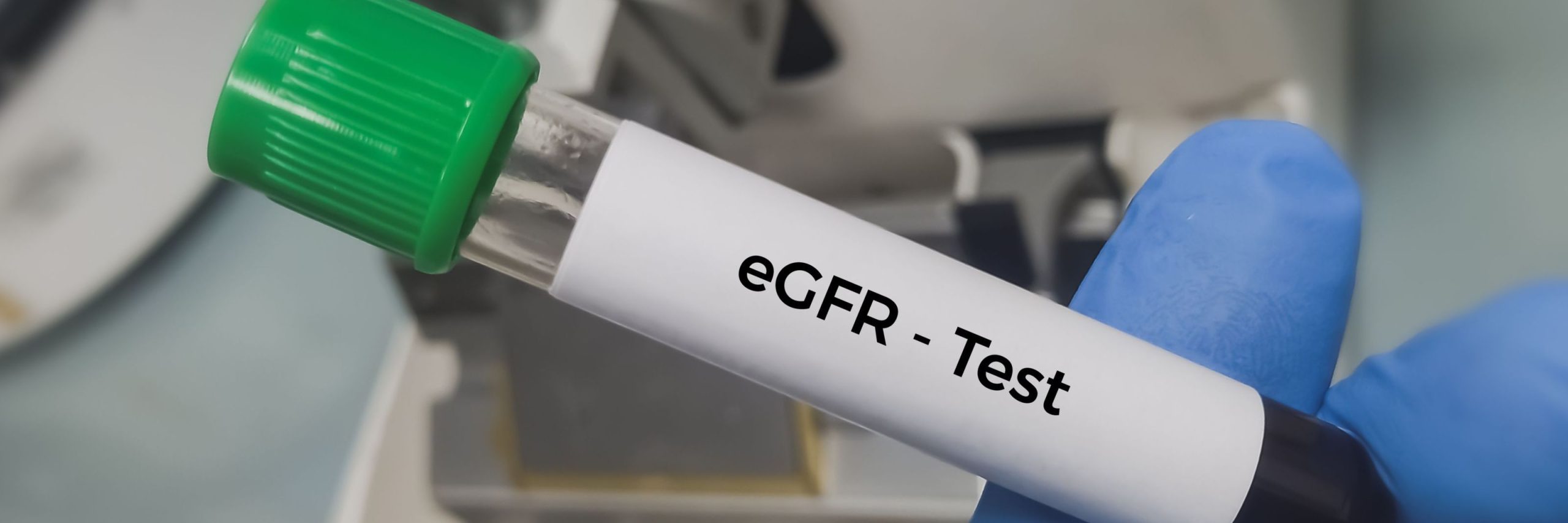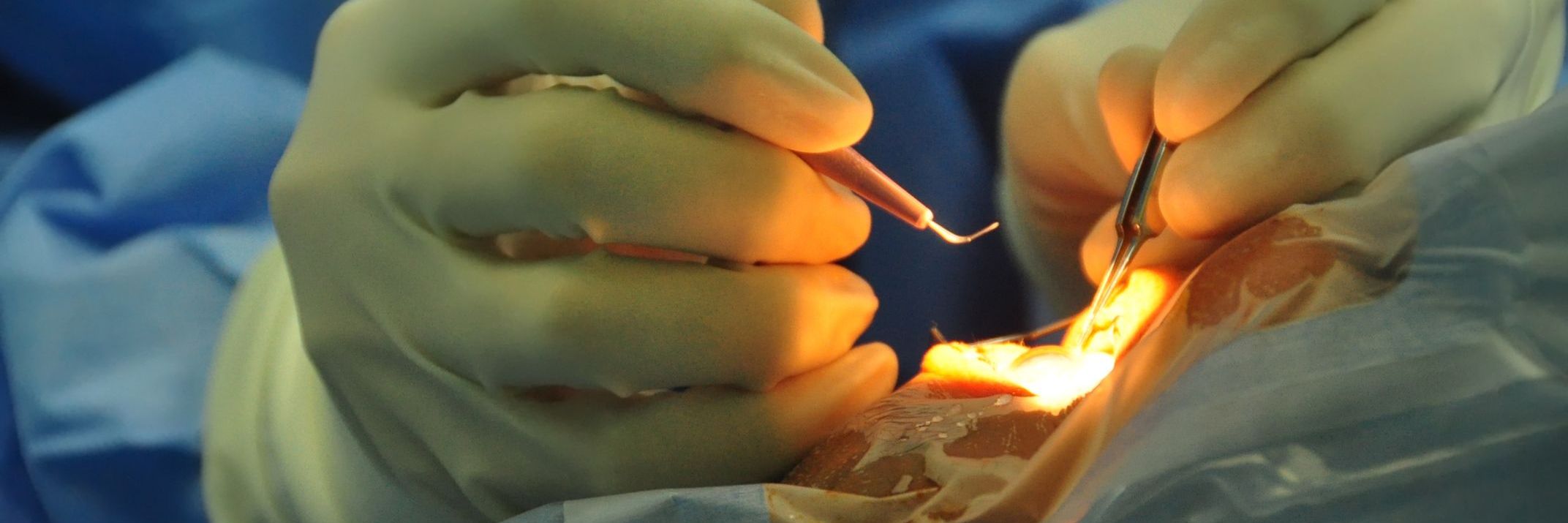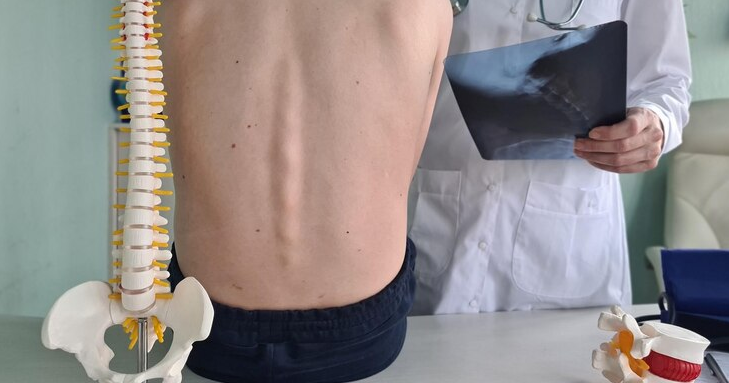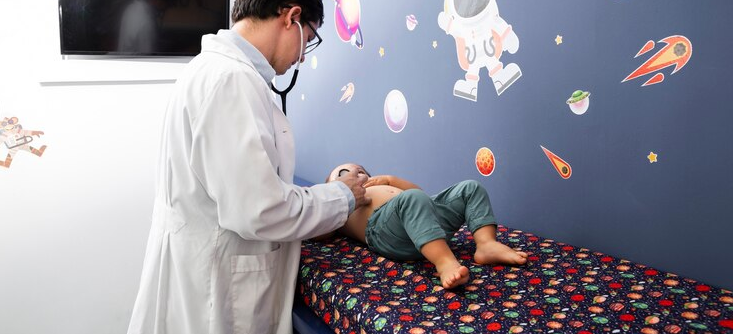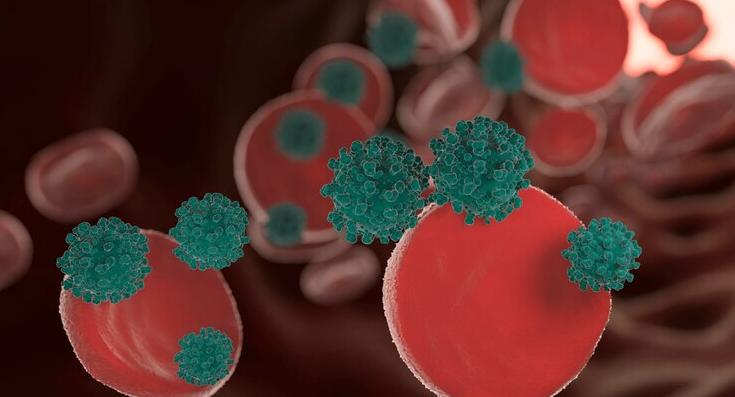The following is a summary of “Longitudinal Evaluation of Antibody Persistence in Mother-Infant Dyads After Severe Acute Respiratory Syndrome Coronavirus 2 Infection in Pregnancy,” published in the January 2023 issue of Infectious Diseases by Cambou, et al.
Data on how the severity, timing, and subsequent immunization of coronavirus disease 2019 (COVID-19) affected transplacental transfer and the longevity of maternal and fetal antibodies were few.
Maternal/infant sera were collected at enrolment, delivery/birth, and 6 months in a longitudinal cohort of pregnant women with severe acute respiratory syndrome coronavirus 2 (SARS-CoV-2) infection as determined by polymerase chain reaction. By using an enzyme-linked immunosorbent test, levels of anti-SARS-CoV-2 spike immunoglobulin (Ig)G, IgM, and IgA were determined.
135 newborns and 236 pregnant women were included; 148 neonatal and 122 maternal specimens were obtained at the time of delivery or birth; and 45 maternal and 48 child specimens were obtained at the 6-month mark. At delivery, 68% of the women generated all three anti-SARS-CoV-2 isotypes (IgG, IgM, and IgA); 96% had at least one isotype. Higher maternal IgG levels during labor and delivery were linked to symptoms of illness and immunization before birth. Infants with detectable IgG decreased from 78% at birth to 52% at 6 months. Significant predictors included third-trimester infection (odds ratio [OR] = 4.0), mild/moderate disease (OR = 4.8), severe/critical disease (OR = 6.3), and maternal vaccination prior to delivery (OR = 18.8) in the multivariate analysis evaluating factors associated with detectable IgG in infants at delivery. Six months after delivery, the multivariate analysis revealed no significant predictors.
In order to increase antibodies in mother-infant dyads after COVID-19 recovery, vaccination in pregnancy is used as a strategy.


